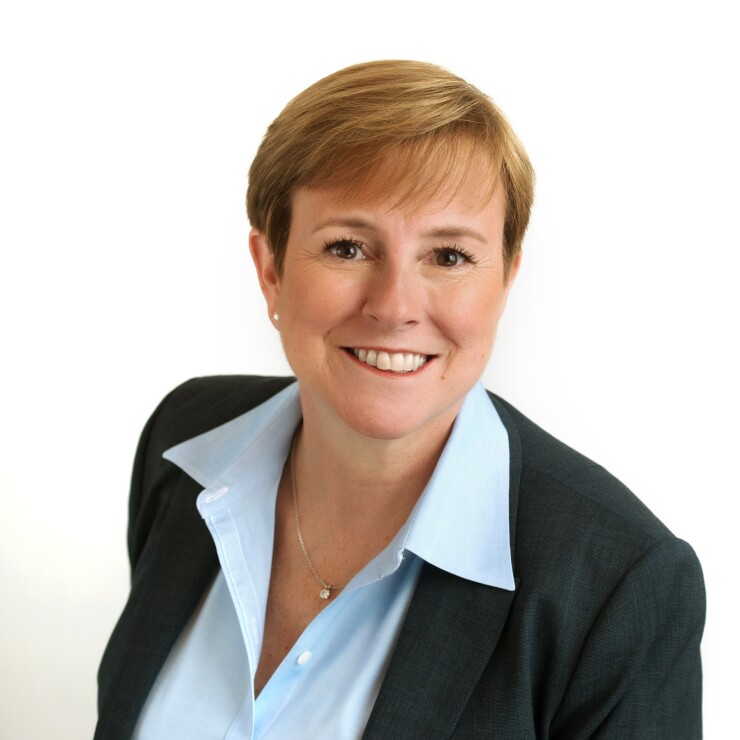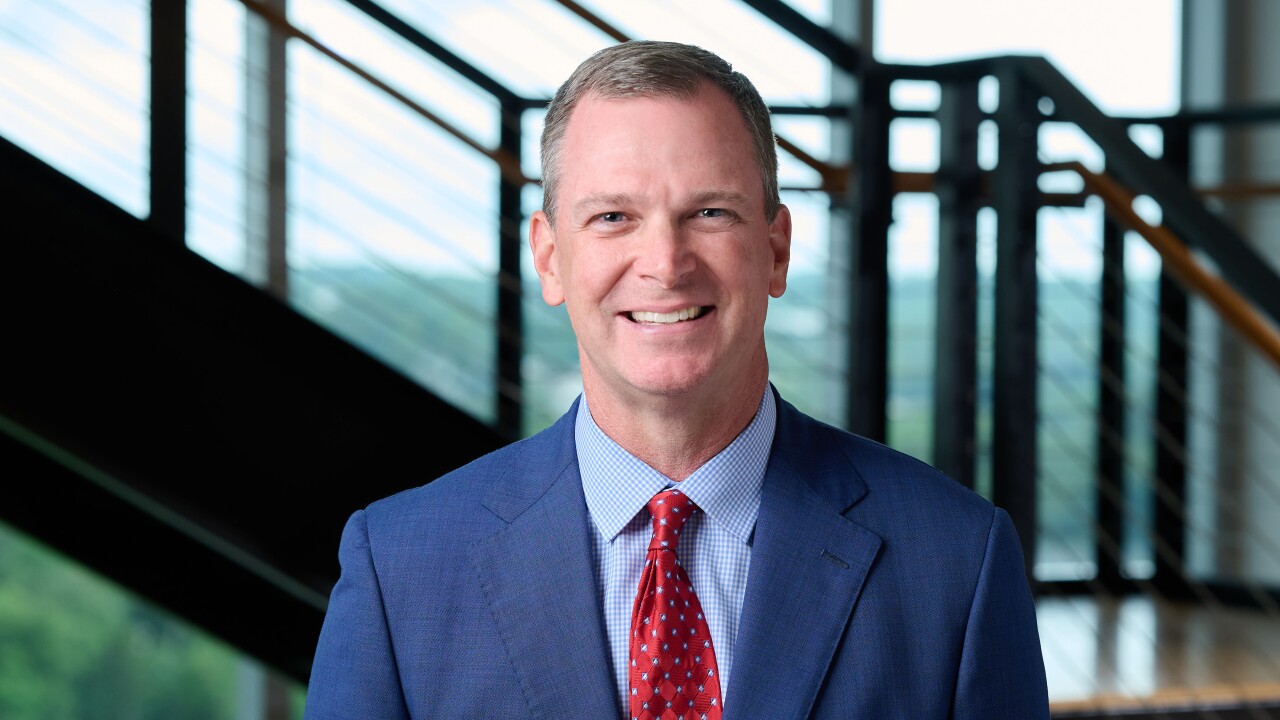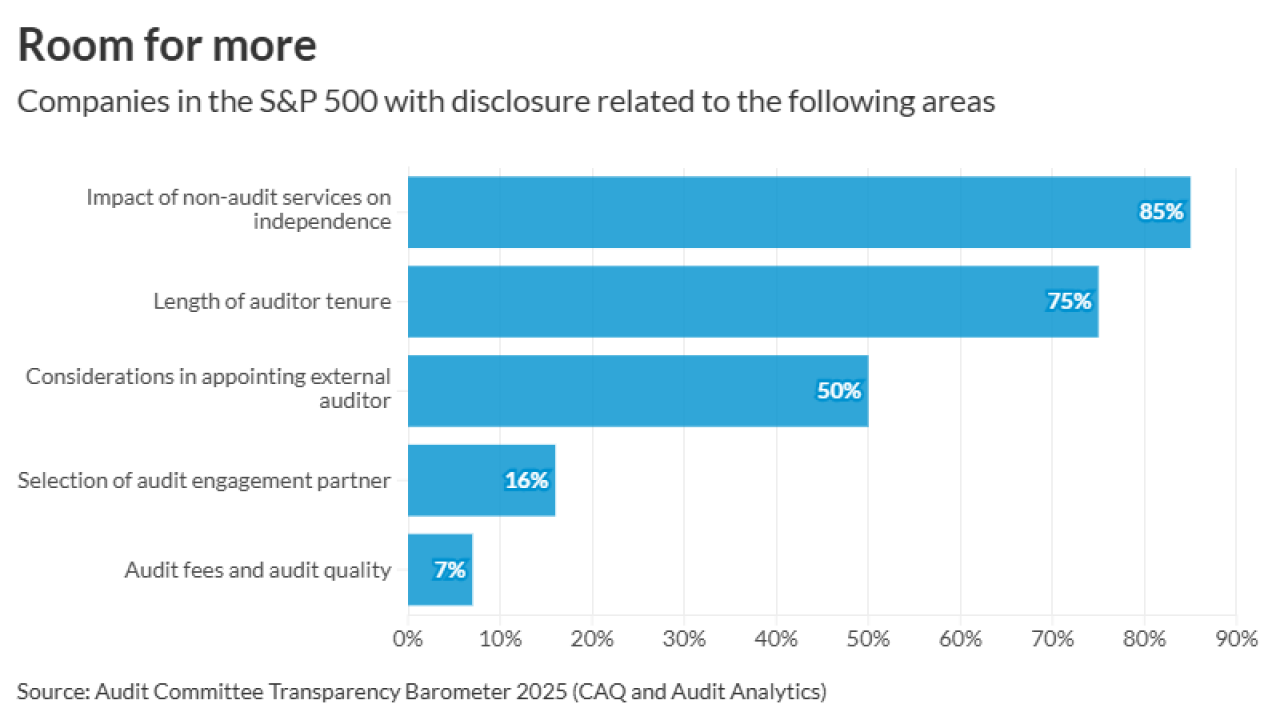The American Institute of CPAs’ Council elected Tracey Golden, an audit partner with Deloitte, as AICPA chair for a one-year term during the governing group’s first-ever virtual Council meeting.
Bill Pirolli, a partner with DiSanto, Priest & Co., was voted vice chair. The AICPA Council also approved on Wednesday the CPA Evolution model that the AICPA and the National Association of State Boards of Accountancy have been developing to overhaul CPA licensure to emphasize more technology skills.
Starting June 1, Golden will also become chair of the Association of International Certified Professional Accountants, the unified voice of the AICPA and the Chartered Institute of Management Accountants.
During her acceptance speech, Golden discussed the wide impact of the novel coronavirus pandemic on life, the economy and the profession.
“We are truly living disruption — not incremental change but a radical break from the familiar,” she said. “Our profession has a crucial role to play in helping navigate this disruption. We are here to help businesses and individuals get through these tough times, learn from them and grow. In an uncertain world, CPAs are needed now more than ever as trusted advisors who can lead a path forward.”

She believes CPAs and CGMAs can use the time during the pandemic to make long-term changes, including expanding their lines of service and forge more connections with each other virtually, as in the Council’s virtual meeting. “What matters is our character and the connection we have to one another,” she said.
She suggested CPAs expand into services such as integrated tax planning, the future of finance, sustainability reporting and assurance, System and Organization Controls (SOC) for Cybersecurity and SOC for Supply Chains. “The current disruption we’re all experiencing is living proof of the value of being able to pivot,” she added.
Golden spent the past year as vice chair of the AICPA and has held other volunteer leadership positions at the institute, such as being a member of the board of directors and governing Council, and previously as chair of both the Audit and Finance Committee and Peer Review Board. She has been the board liaison to the AICPA Foundation Board of Trustees and a member of the Relations with the Bar and National Peer Review Committees.
During her speech, Golden encouraged CPAs to advance their technology skills and learning. She pointed to the CPA Evolution initiative, whose objective is to evolve licensure to “both preserve and advance what it means to be a CPA.”
CPA Evolution
The
“We had asked Council for a vote of their support to move the initiative forward and to support the board of directors’ execution of the strategy contingent upon NASBA’s board of directors supporting it as well at their meeting in July,” said AICPA executive vice president of public practice Sue Coffey. “It’s really defining a new licensure model that basically expands the CPA’s core competencies to include technology, but then provides a way for an individual to really hone in on one of three disciplines. We’re not suggesting specialization by any means, but we are suggesting that CPAs today do a lot of different things.”
The AICPA will be working with NASBA on the initiative as well as with colleges and universities on refining their curricula and on making changes to the CPA Exam. The new exam is expected to be available in January 2024.
“It is in many respects acknowledging that our profession is in many ways much broader than how we have the licensure model structured today,” said Coffey. “It is intended to recognize that we are way more technologists but we also have different skill sets and competencies.”
The needs of clients and businesses are changing.
“We started out down this path because the way we as a profession perform what we perform, and the demands of clients and businesses in the marketplace, is dictating that we do things differently,” said Coffey. “It really has changed how we do and what we do significantly. We were looking at hiring changes within firms and while hiring over the last four or five years has been relatively flat, the mix in who they’re hiring has changed. They’ve been hiring way more non-CPAs because their business mix has changed and there’s still a need for different skills. That’s an indication that we need to change the mix of what we do as a profession. We have to change the complexion of the CPA."
The coronavirus pandemic has increased the need for such adjustments.
"Two months ago we got hit by something called COVID," said Coffey. "We sat back and said, 'Does this change what we do?' What has happened over the last couple of months has made us change even more. If you think about how university systems need to change, when you think about the greater use of technology, we’ve been doing a lot of training with our members on, for example, auditing remotely and the different risks that exist when you have to audit a company’s financial statements remotely and you can’t do a physical inventory.”
Clients and firms will demand new skills from CPAs once the pandemic passes. “We need this more than ever,” said Coffey. “We also need to attract the best and brightest with different skill sets and this model does just that. It also creates flexibility in the licensing process. We need to be able to be nimble and change that model as the marketplace changes, and as skill sets change and as clients and businesses dictate.”





